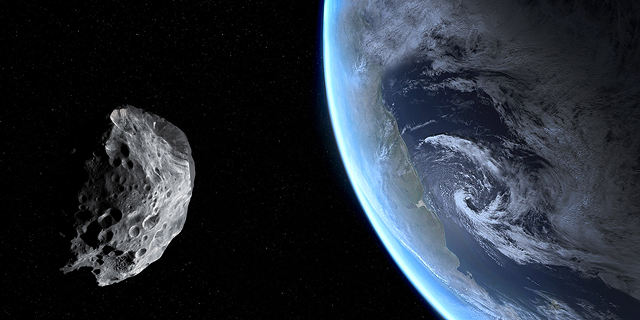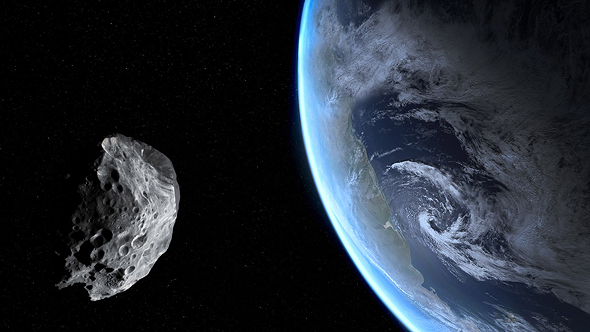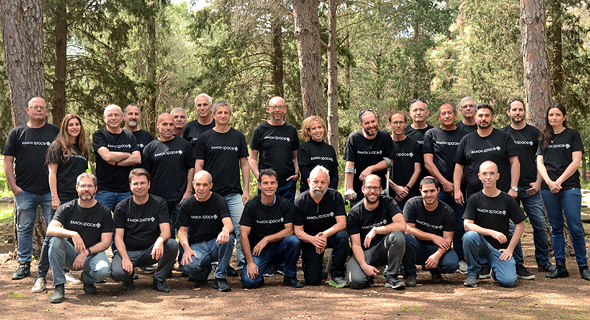
Ramon.Space raises $17.5 million for space supercomputing technologies
The space tech startup plans to expand its technology to transform satellites to become smart and autonomous, extending their lifetimes by providing in-orbit upgrades to applications as well as expand its global presence
So far, the company has participated in over 50 space missions, including the Japanese Space Agency’s Hayabusa-2 mission, where part of its technology remains on an asteroid located 9 million miles away from Earth. The company’s computing and storage platform leverages manycore technology that relies on a combination of machine learning, artificial intelligence, and digital signal processing to power the next generation of Earth observation, communications, and data processing applications.
Ramon.Space’s supercomputers are radiation-hardened and capable of withstanding the harsh conditions of space, while functioning with absolute precision and efficiency. With this round, Ramon.Space plans to expand its technology to transform satellites to become smart and autonomous, extending their lifetimes by providing in-orbit upgrades to applications as well as expand its global presence.
“We are leading the digital transformation of space,” said Avi Shabtai, who functions as Ramon.Space’s CEO. “With our ground-breaking technology, designed for Earth-like computing at Earth-like costs, we are playing a major role in the space revolution as a market leader in computer software defined computing, networking, and communication payloads.” “Since our first seed investment, Ramon.Space’s growth has made monumental headway in thespace ecosystem. Within our lifetime, we’ll experience the impact and extraordinary benefits of human technological advances in space. Ramon.Space is at the forefront of these unique innovations,” said Dov Moran, Ramon.Space’s Chairman of the Board and Managing Partner at Grove Ventures.
“Ramon.Space’s innovation has helped accelerate new space intelligent systems and data processing within a $350 billion space industry that is expected to grow to more than $1 trillion.While the industry is in a transition phase due to the enablement of low-cost mass deployments,
existing technology is decades behind Earth-based solutions,” noted Kris Peng, who is the president of UMC Capital.
Steven Lau, Managing Director at WorldQuant Ventures added that the company’s cutting-edge advancements within space machine learning and software “will impact our lives in unimaginable ways.”
